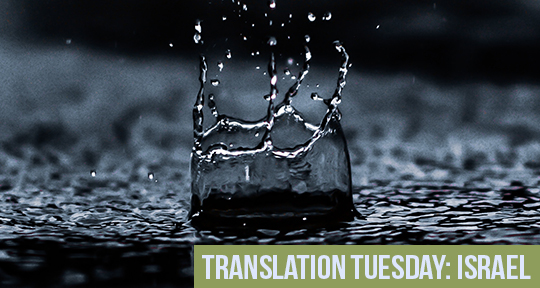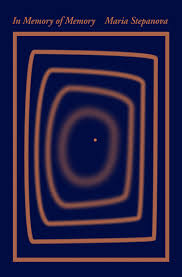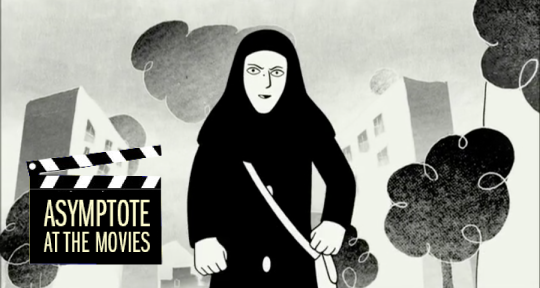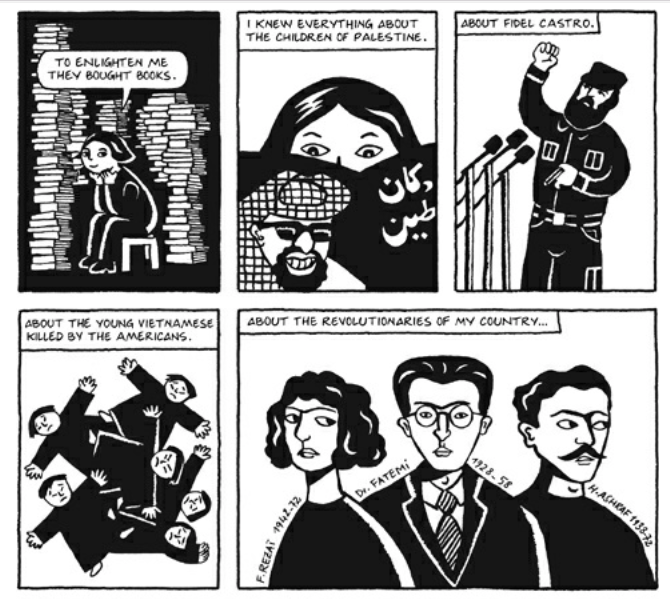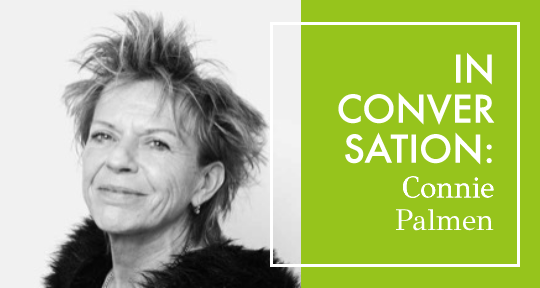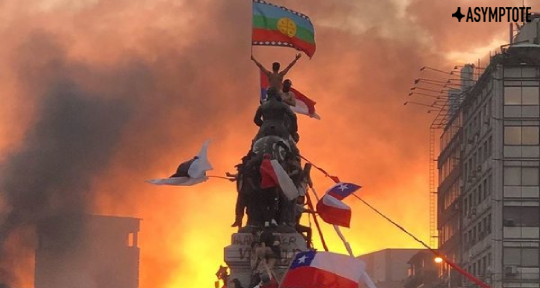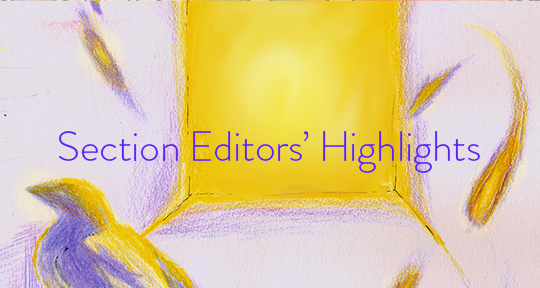Illness as subject is a challenge to writers not only for its dense manifestations and distinct physical consequences, but also for its realization of the physical body within the interconnected terrain of politics, relationships, and community. Originally published in 2017, Véronique Tadjo’s In the Company of Men takes as its subject the West African Ebola epidemic, choreographing a motley of voices in a humanizing portrait of how disease can define and obliterate boundaries both known and unseen. Instead of rendering the epidemic into metaphor, Tadjo realizes its immediate and tangible presence in our lives.
The Asymptote Book Club aspires to bring the best in translated fiction every month to readers around the world. You can sign up to receive next month’s selection on our website for as little as USD15 per book; once you’re a member, you can join the online discussion on our Facebook page!
In the Company of Men by Véronique Tadjo, translated from the French by the author, Other Press, 2021
Côte d´Ivoire, where Véronique Tadjo grew up, borders two of the three West African nations that suffered the 2014–16 Ebola outbreak. She wasn’t there at the time; she had finished a teaching position in South Africa and began to share her time between London and Abidjan. Tadjo is a chameleon of an artist. She works across genres, speaks various languages, and traverses cultures. At once fact and fiction, myth and reportage, the novel meets this contemporary moment in which borders and boundaries can feel like anachronistic global millstones and “some lives seem as worthless and irrelevant as the bruised fruit left over at the end of a market day.” Her amoebic narrative voice, both one and many, recounts the horrors of the epidemic and its aftermath, singing an ominous warning and calling for a modernized version of our lost solidarity cultures.
Many comparisons come to mind in describing the narration of In the Company of Men, which she recently self-translated from the 2017 French edition: a Greek chorus that guides the reader’s emotional responses, invoking the primordial without entangling itself in the individual; a spirit that possesses one after another; a mycelium with distinct fruiting bodies. We hear from, to name just a few, a Baobab tree, a gravedigger, an NGO volunteer, a woman who adopts an Ebola orphan, a researcher, a bat, and the virus itself. Though the writing inhabits so many different bodies, the voice still feels somehow cohesive, characterized by lyricism and gore, anger and compassion, helplessness and resilience. It rails and it soothes. The gravedigger reports quite literally, “The path ahead of us has been doused with chlorine,” and his words resonate with accounts from other narrators. Disinfectant becomes the flashlight that precedes each step in the dark and unfamiliar wood of the epidemic, the loitering of its scent paralleling most of our own accounts of the COVID-19 pandemic. Other features of the metaphorical wood include dangerous rumors. A medic laments, “the President of the Republic had supposedly paid the large sums of money to reduce the local population and thus get rid of the poor. Ebola, they said, didn’t exist.” It is populated by ghosts of the hastily laid to rest: “Actually, they’re lost souls, reluctant to leave the earth, hoping we’ll help them to return.” Resonance between the novel’s narrators replicates the resonance between them and the readers, reinforcing themes of interconnectedness and appeals to solidarity.



